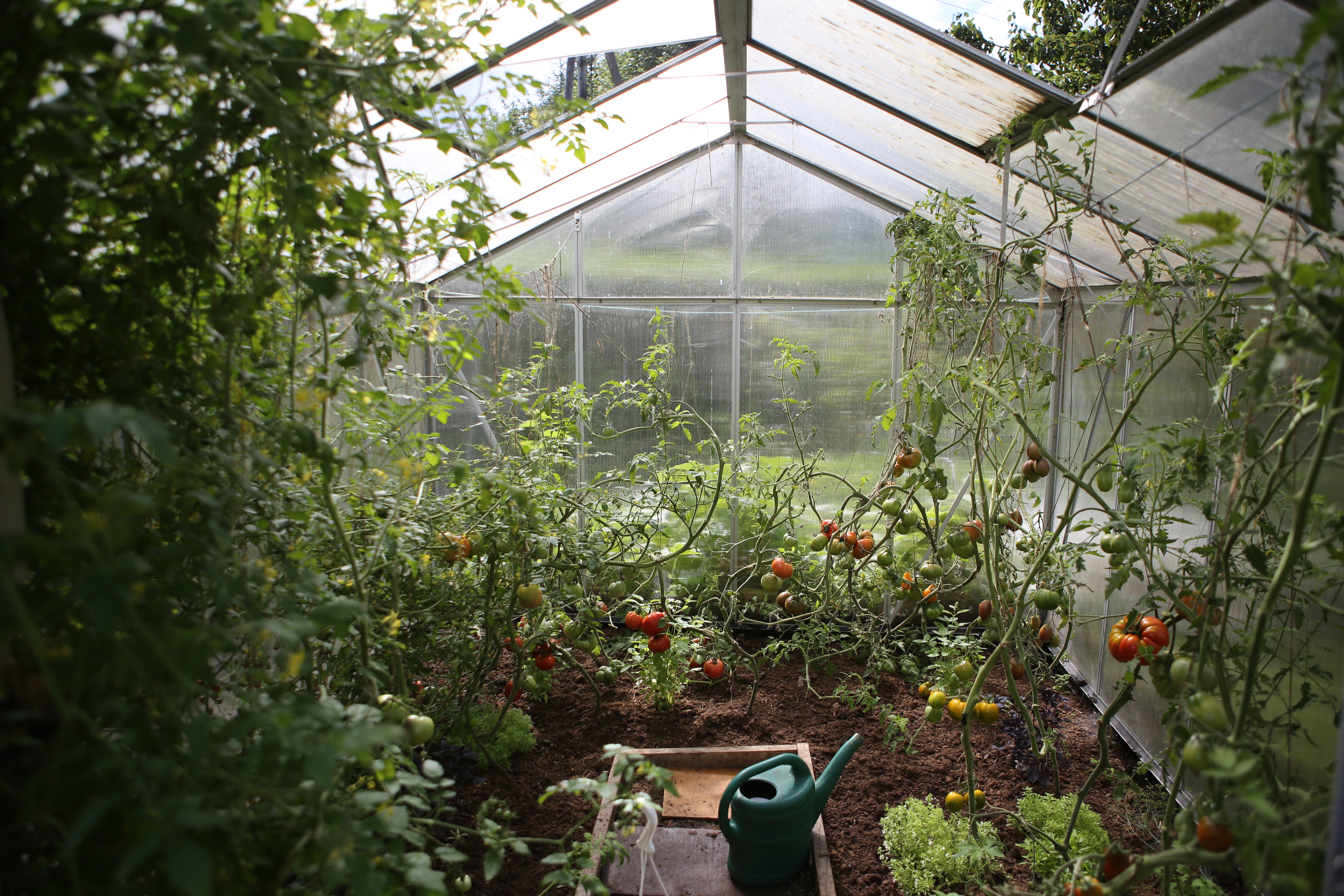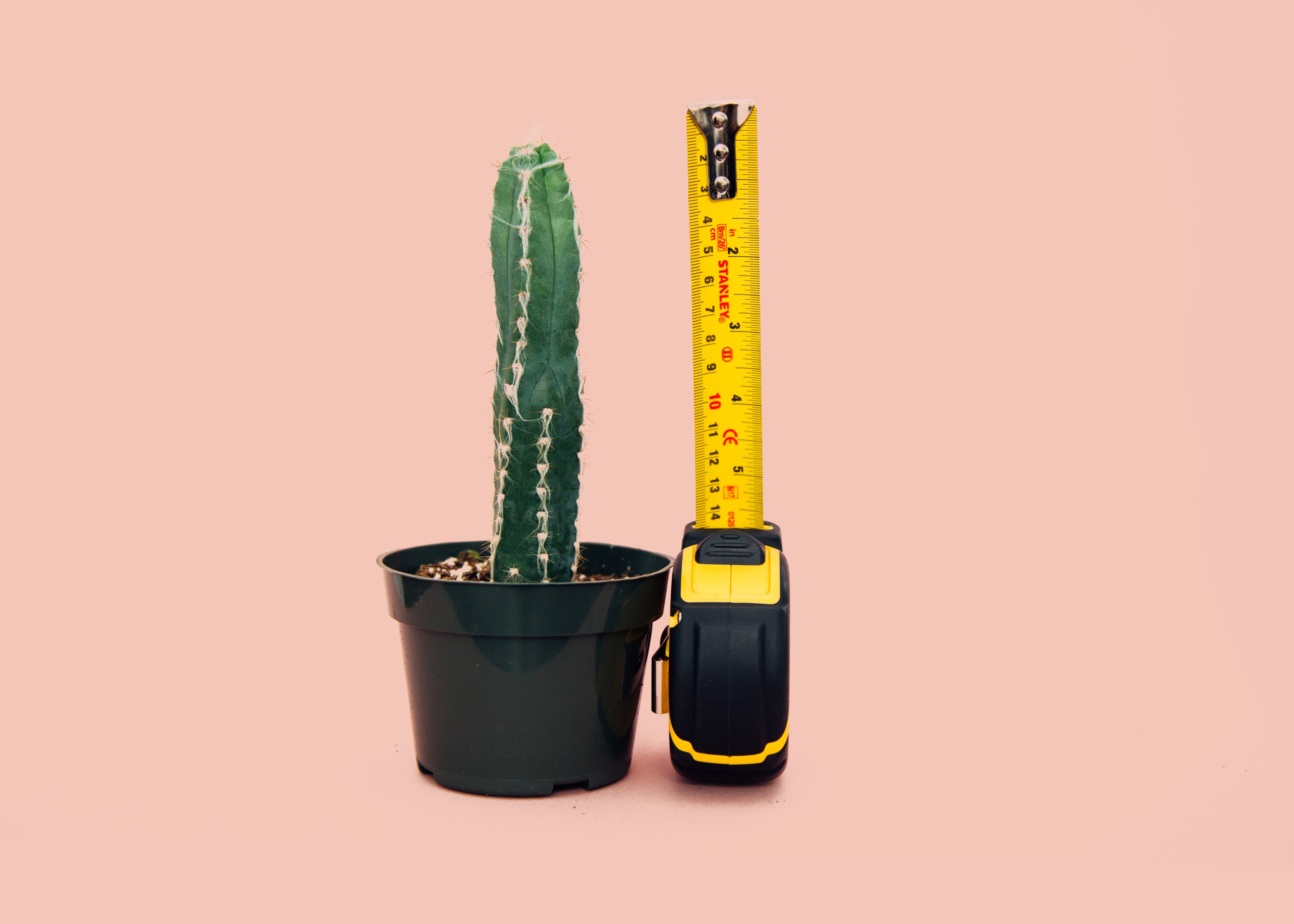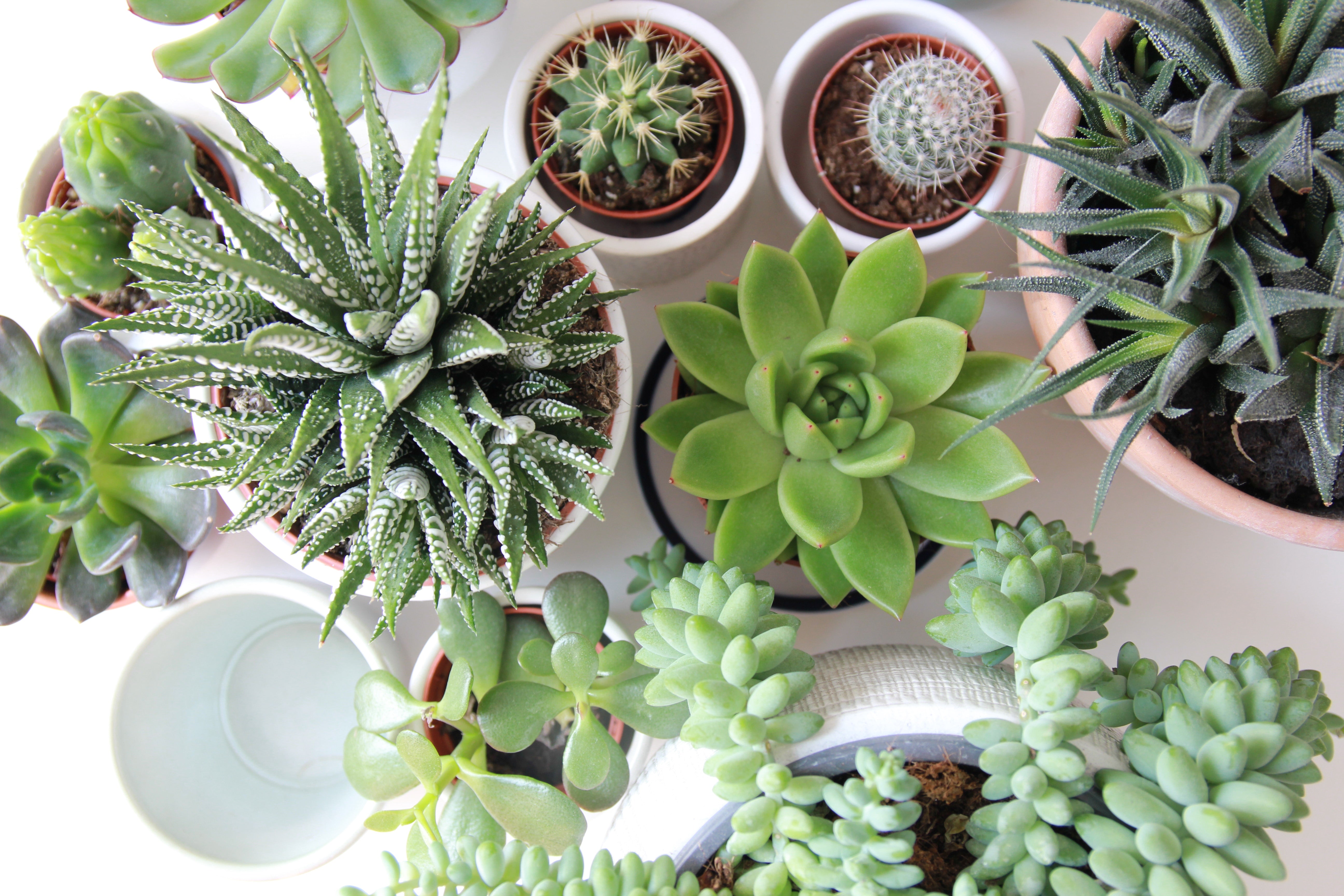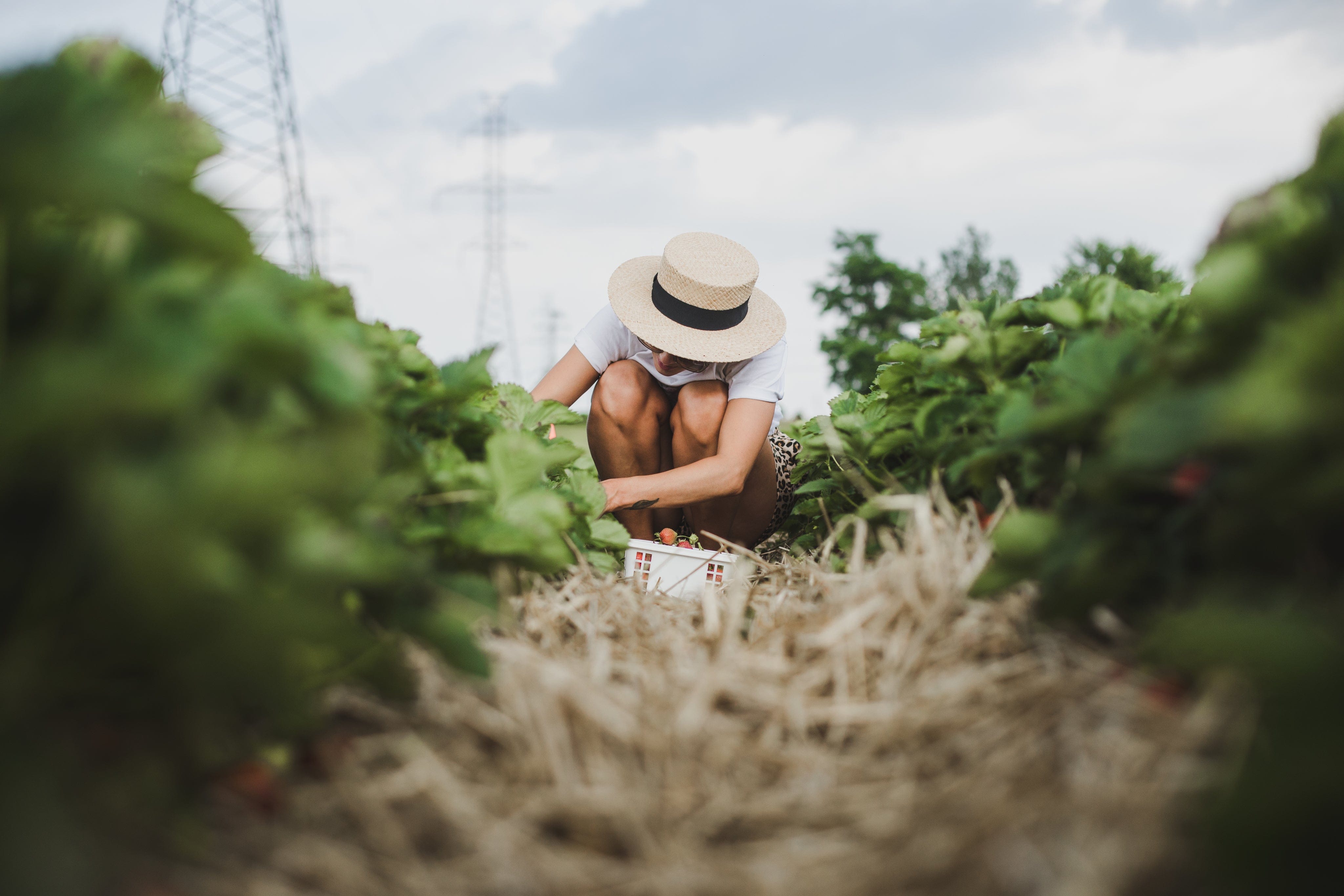
The Benefits of Growing Your Own Vegetables: A Comprehensive Guide
At The Pot Shack, we believe that growing your own vegetables is not only a fun and rewarding experience, but it also has numerous health and environmental benefits. In this comprehensive guide, we will explore the various benefits of growing your own vegetables and provide you with tips and tricks to get started.
Health Benefits
One of the most significant benefits of growing your own vegetables is the health benefits. When you grow your own vegetables, you have complete control over the growing process, which means you can ensure that your vegetables are free of harmful pesticides and chemicals. Additionally, freshly picked vegetables are more nutrient-dense than store-bought vegetables, which means you are getting more vitamins and minerals per serving.
Environmental Benefits
Another benefit of growing your own vegetables is the positive impact it has on the environment. When you grow your own vegetables, you are reducing your carbon footprint by eliminating the need for transportation to bring produce to your home. Additionally, you can use organic and sustainable growing practices, which reduces the use of harmful chemicals and promotes soil health.
Cost Savings
Growing your own vegetables can also save you money in the long run. While there is a bit of an upfront cost to get started, the cost of seeds and supplies is typically much lower than the cost of purchasing produce from a grocery store. Additionally, you can grow a variety of vegetables in a small space, which means you can save money on produce throughout the year.
Mental Health Benefits
In addition to the physical health benefits, growing your own vegetables can also have positive impacts on your mental health. Gardening is a great stress-reliever and can help reduce anxiety and depression symptoms. Additionally, the act of growing your own vegetables provides a sense of accomplishment and can improve your overall mood and well-being.
Getting Started
If you are interested in growing your own vegetables, there are a few things to keep in mind. First, you will need to choose a location for your garden. Ideally, you want a spot that gets plenty of sunlight and has good drainage. Next, you will need to choose the vegetables you want to grow. Consider your climate and growing season when choosing vegetables. Finally, you will need to prepare your soil and start planting.
Tips and Tricks
Here are a few tips and tricks to help you get started:
-
Start small: If you are new to gardening, start with a small plot of land or a few containers. This will help you get a feel for the growing process without overwhelming yourself.
-
Invest in good soil: Good soil is essential for healthy plant growth. Consider adding compost or other organic matter to your soil to promote soil health.
-
Water regularly: Vegetables need consistent watering to thrive. Make sure to water your plants regularly, especially during hot and dry weather.
-
Stay on top of pests and diseases: Keep an eye out for pests and diseases and address them promptly. Consider using natural remedies to control pests instead of harmful chemicals.
-
Harvest regularly: Harvest your vegetables regularly to promote continued growth and prevent over-ripening.
Growing your own vegetables is a fun and rewarding experience that has numerous health, environmental, and cost-saving benefits. By following our tips and tricks, you can get started on your own vegetable garden and reap the benefits of fresh, nutrient-dense produce.
-
Companion planting: Consider companion planting, which is the practice of planting different vegetables together that benefit each other. For example, planting marigolds with your tomatoes can help deter pests and promote healthy growth.
-
Rotate your crops: Crop rotation is the practice of planting different vegetables in different areas of your garden each year. This helps prevent soil-borne diseases and pests from building up in the soil.
-
Use natural fertilizers: Consider using natural fertilizers, such as compost or organic fertilizers, instead of synthetic fertilizers. This promotes soil health and reduces the amount of harmful chemicals in your garden.
-
Mulch your garden: Mulching your garden can help retain moisture and reduce the amount of weeds that grow. Consider using organic mulches, such as straw or leaves, instead of synthetic mulches.
-
Learn from your mistakes: Gardening is a learning process, and you are bound to make mistakes along the way. Use these mistakes as learning opportunities and adjust your growing practices accordingly.
-
Consider container gardening: If you don't have access to a yard or garden space, consider container gardening. Many vegetables, such as tomatoes and peppers, can be grown in containers on a balcony or patio.
-
Keep track of your garden: Keep a journal or calendar to track your garden's progress throughout the season. Note when you plant, fertilize, and harvest your vegetables to help you plan for future seasons.
-
Join a gardening community: Consider joining a local gardening community or online forum to connect with other gardeners and share tips and tricks.
-
Don't be afraid to experiment: Try growing new and unusual vegetables to add variety to your garden. Consider heirloom or exotic varieties to add some excitement to your garden.
-
Enjoy the process: Gardening should be a fun and enjoyable experience. Take the time to appreciate the beauty of your garden and the satisfaction of growing your own food.
By following these tips and tricks, you can start your own successful vegetable garden and enjoy the many benefits of growing your own produce. Whether you have a large yard or just a few containers on a balcony, there is something special about growing your own food. So get started today and discover the joys of vegetable gardening!
-
Pay attention to spacing: Proper spacing is essential for healthy plant growth. Make sure to space your vegetables according to their recommended distance to prevent overcrowding and promote healthy growth.
-
Consider vertical gardening: If you have limited space, consider vertical gardening. Many vegetables, such as cucumbers and beans, can be grown on trellises or other supports to save space and promote healthy growth.
-
Know your climate: Different vegetables thrive in different climates. Make sure to choose vegetables that are well-suited for your climate to ensure healthy growth and a bountiful harvest.
-
Practice crop succession: Crop succession is the practice of planting different vegetables at different times to ensure a continuous harvest throughout the season. This is especially useful for vegetables with short growing seasons, such as lettuce and radishes.
-
Learn about pest control: Pest control is an important part of vegetable gardening. Learn about natural pest control methods, such as companion planting and beneficial insects, to help control pests without using harmful chemicals.
In conclusion, growing your own vegetables is a rewarding and satisfying experience that has numerous benefits for your health and the environment. By following these tips and tricks, you can start your own vegetable garden and enjoy fresh, delicious produce throughout the year. Remember, gardening is a learning process, so don't be afraid to experiment and try new things. Happy gardening!




Leave a comment
This site is protected by hCaptcha and the hCaptcha Privacy Policy and Terms of Service apply.